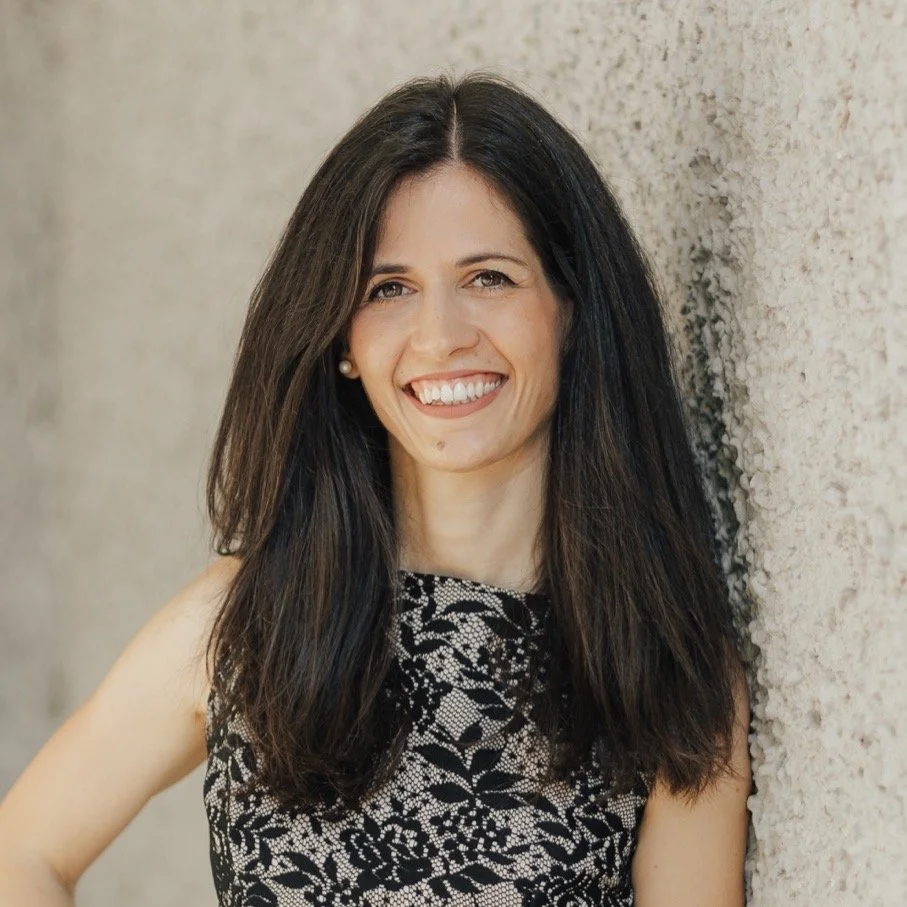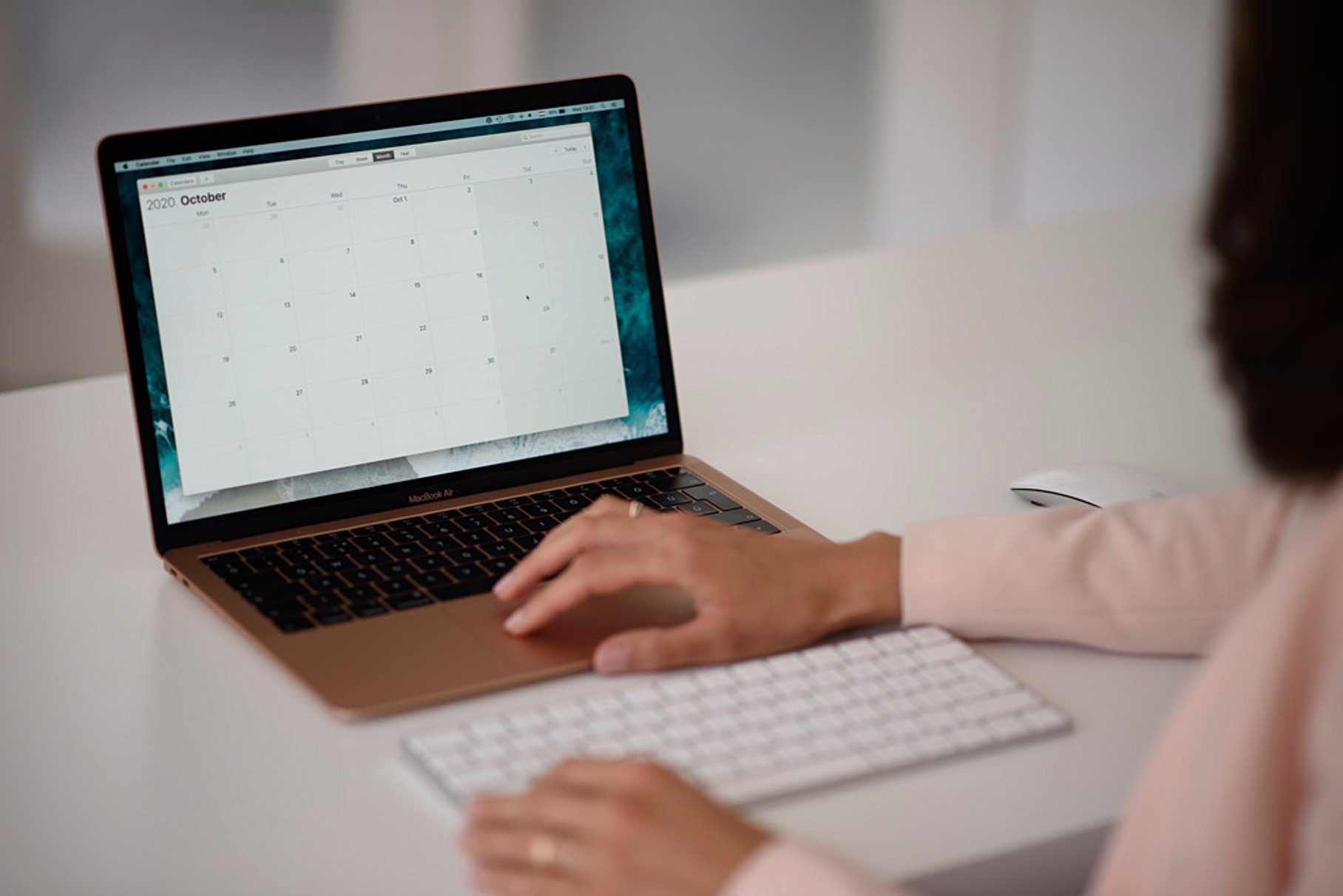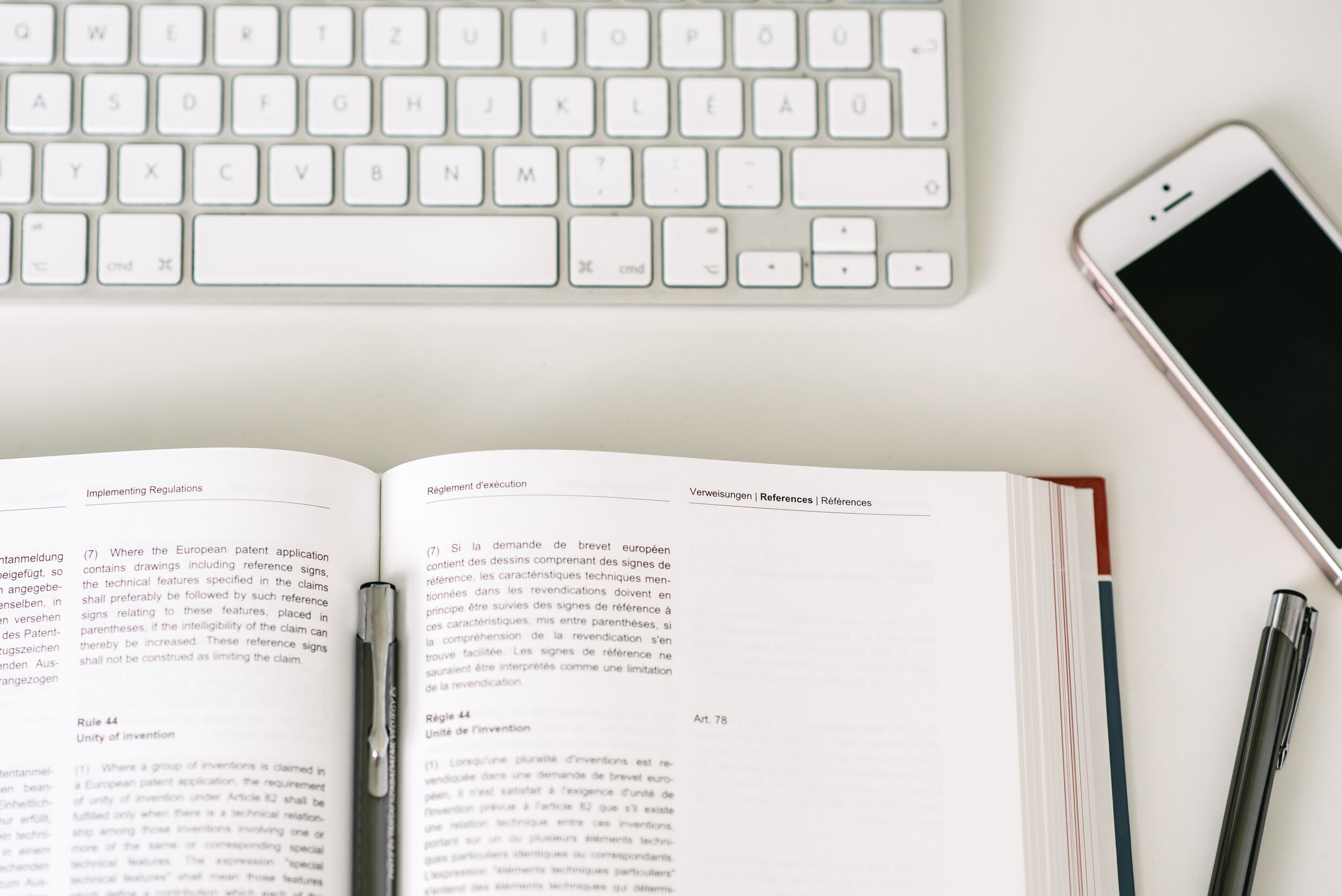All about Paper F
Paper F Basics
Length: 4 hours, with a break in between
Paper F is split into two parts. The first part is to be completed before the break, with the second part only becoming available after the break. It will not be possible to go back to the first part after the break. Paper F lasts four hours.
Candidates may take unscheduled breaks. Further instructions relating to taking unscheduled breaks are laid down in the Instructions to candidates concerning the conduct of the EQE. It should be noted, however, that the exam clock will continue to run during unscheduled breaks, i.e. the examination will not be stopped.
Start time: 9:30 CET (2 March 2026)
Topic: According to the REE ("Regulation on the European qualifying examination for professional representatives"), Art.1(5)(a): “Paper F assesses whether a candidate can apply legal concepts and provisions of the EPC and the PCT.” The IPREE further clarifies that Paper F tests declarative knowledge.
Part 1 assesses whether candidates can understand the procedural requirements and steps in EPC proceedings and PCT proceedings. Part 1 lasts two hours.
Part 2 assesses whether candidates can interpret the claims and assess the compliance of the claims and of the invention to which they pertain with the provisions of the EPC, and whether they can assess the compliance of proposed amendments with the provisions of the EPC. Part 2 lasts two hours.
Paper F may comprise different types of questions, such as multiple-choice questions, multi-select questions, true or false questions, drag and drop questions, questions requiring a fill-in answer and/or questions requiring highlighting of relevant text passages.
Syllabus: Based on IPREE Rule 21(1) and Rule 22(5): Unless otherwise provided, candidates are expected to be familiar with at least the following documents in the versions valid as at 31 October of the year prior to the examination:
(a) the EPC
(b) the Implementing Regulations to the EPC
(e) the Rules relating to Fees
(g) the PCT
(h) the Regulations under the PCT
(i) the PCT Applicant's Guide
(j) the Paris Convention for the Protection of Industrial Property
(m) the Guidelines for Examination in the EPO
(o) the Guidelines for Search and Examination at the EPO as PCT Authority
Threshold for passing: between 50% and 75% of the total achievable marks in both parts (we don’t know more before the exam). So, both parts have to be passed separately (see IPREE Rule 6(4)).
Documents that can be printed: For part 1 no documents will be available for printing.
For part 2 candidates will be allowed to print the description of the invention as well as the prior-art documents. The documents allowed for printing will be made available no later than 10 minutes before the start of the second part.
Important: No calendars will be provided. Since 2022, candidates have been responsible for bringing/preparing their own calendars.
Paper F courses
22-week Paper F study group with Zsofia
15 September 2025 - 23 February 2026
The group has been fully booked and already started.
How to deal with Paper F?
The new Paper F exam is similar to the old Pre-exams, but less difficult, as it is aimed at a lower level of experience. Instead of only True/False questions they introduced a wider variety of question types (multiple-choice, drag-and-drop, multi-select, true or false, questions requiring a fill-in answer and/or questions requiring highlighting of relevant text passages) that can be automatically corrected.
For the legal part (part 1), there are no magic tricks, start studying and practicing as much as possible. Even though the difficulty level is lower, you still need to cover EPC and PCT, so I recommend starting in time.
I know that many candidates don't put a big effort into the Paper F (old Pre-exam) preparation, but I really believe it is so worth it! Investing your time and energy into preparing properly for Paper F will pay off, and not just for the later EQE modules, but also in your early years in the patent profession.
A successful Paper D candidate also had a very similar feedback:
"I believe the single smartest thing I did was to over-prepare for the pre-exam. This had two major benefits:
First, I passed the pre-exam comfortably, which removed a significant amount of stress.
More importantly, after a short break, I started my Paper D preparation already having a strong command of the EPC and PCT. I was familiar with navigating the reference materials quickly, which gave me a huge head start and prevented me from feeling overwhelmed."
How to study?
I don’t know about you, but it is very hard for me to study just by sitting and reading. For my brain, it is much easier to study by doing, i.e. answering actual legal questions.
In my opinion, you should aim to answer at least 1-2 legal questions every single day (or at least on weekdays) until the EQE. You don’t have to do them under time pressure, but take the time, read the corresponding sections in your reference books to actually understand the issue at hand. After you answered a question, don’t forget to correct your answer and take notes of your mistakes.
Luckily, there are plenty of legal questions available, such as past EPAC exams (and the mock EPAC), past Pre-exam questions, Paper F brain-teasers, DeltaPatents Basic Legal Questions (“L”) book.
A few things to remember:
There are no trick questions in Paper F.
Remember to always read the questions twice.
Practice as many legal questions as possible. This will not only improve your knowledge but you will also learn how questions are phrased and what the important words are (“can”, “must” “always”, “never”, “only”, etc.).
When practicing, make notes of your mistakes, and re-visit your notes every now and then.
For part 2, you should do past claims analysis exercises from the old Pre-exams. This is recommended after you reviewed the topics of amendments, added matter, clarity, novelty and inventive step.
Books to use
As you probably know, similarly to the other exams, you can use any written materials during the main exam.
You should pick one EPC and one PCT reference book (if you have more it will just slow you down), use them for a few months, annotate, highlight, and tab them so that they become your trusted friends during the exams. If you don’t know which books you should select, you can find a summary of EPC reference books and PCT reference books on my EQE blog.
Additionally, you can create your overviews, notes, tables or feel free to print my free materials.
Personally, I used my EPC reference book for 70-80% of the questions. For the rest, I used my PCT reference book, the Euro-PCT guide, the PCT Applicant’s guide (shortened version), and my own notes (time limit tables, etc.).
Online or printed materials?
Many of the documents (PCT Applicant’s guide, Euro-PCT guide, etc.) are already available from WISEflow, but you cannot open too many tabs and opening tabs can also slow down your browser (not just my experience). So, you might want to print a few additional, important documents.
It is also up to you if you fully trust WISEflow or if you would rather have a copy of the most important materials, such as the PCT Applicant’s guide. [If you feel more comfortable having a hard copy of the PCT Applicant’s guide, please save the trees and don’t print thousands of pages though. Focus on the questions and answers in the “Introduction to the International Phase” and “Introduction to the National Phase”, and print on both sides of the papers.
If I were you, I wouldn’t really print documents that are not that important but are available online. However, if you prefer printed materials, you can print documents that are more frequently needed. You can annotate, tab and highlight them just like your books and keep using them until the exam to get used to them. There are also candidates who use a mixed approach and print the index of the GL, but they then use the online GL.
One more comment on printing: I highly recommend deciding what you want to print as early as possible. This way, you can practice the same way until the EQE, using the same materials, whether they are online or on paper. If you do want to print some documents, such as the PCT Applicant’s guide, print them now and use the same printed documents in the upcoming months. As a result, you will get used to those and thus be a lot quicker when looking for something. Furthermore, you have plenty of time to highlight it, add tabs, comments, etc.
Some candidates like to use online materials when answering questions – that is fine, but remember to train under the same circumstances as the exam. For example, don’t search answers in your browser as you will not have access to Google from WISEflow. Moreover, you will not be able to use your online materials, such as the EPC.app or Ignacio Lobato’s electronic Paper D-guide from WISEflow, so make sure to have hard copies.
You can however start practicing using the “Advanced search” at EPO’s starting page, I heard from candidates that it is very helpful during the exam (but again, only if you know how to use it efficiently).
Thank you for your support and kind words!
"The balance between a relaxed atmosphere and a serious, in-depth consideration of the material was refreshing for me. Even with topics I thought I had adequately gone through on my own, I found that there was always a tip or additional aspect to consider that came up during the meetings, and at the end of it all, I felt not just prepared for Paper F, but that I had received a solid foundation to prepare for the upcoming main papers."
Lina
„Zsofia's Paper F course and her study material helped me a lot when preparing for the exam and I can only recommend the course! It is well structured, covers all relevant topics, and with Zsofia as a teacher, reaching the peak of the mountain felt only half as tough!“
Mauritius Klein
“You were a great tutor. Always patient, very competent and you gave us the right information on the right, oriented towards the knowledge of the participants.
I felt well prepared and I felt comfortable with my reference books. I would say the study group was the key to pass!
The format of the study group was perfect for my needs. Over several months, topic by topic, with a doable amount of well selected question, great other participants and helpful overviews and summaries. You always have addressed our questions and needs and you flexibly adapted the program! 🙏
O.
“The Paper F study group provides an excellent introduction to the fundamentals of the EPC and PCT. The sessions are well-structured and full of practical tips for approaching the exam.”
Katerina
"The Paper F study group really helped me stay on track with my preparation. I appreciated the weekly homework, the quality of the study materials, and the structure of the course. Zsofia’s way of teaching made things easy to follow, and the class interactions were genuinely helpful. I’m feeling confident about moving on to papers M1–M4. Thanks so much, Zsofia!"
Alicia Ortega
“There are many things that I liked: first, the length was appropriate. Yes, it was weekly and working and doing the homework and attending the meetings was very time consuming but I think we covered everything without rushing and I like to have time to process all the information.
Also, it was really helpful to meet other people going through the same process.
The weekly homework helped a lot to integrate all the new topics, and it was also good to develop my own system to search in the books and materials and to properly reference and make my own notes.
Also, Zsofia, you were very supportive, the tips you shared were great and the summaries in the last weeks were gold. 🥇”
Irene
“Thank you so much for the amazing paper F study group!
The idea of consistent preparation and beginning about six months prior to the exam was very helpful and gave me a positive feeling for the exam.
Your clear explanations, dedicated effort, and remarkable patience were great!
If I had to pass the Paper F exam again, I would definitely join the study group again.”
"Zsofia goes above and beyond to support everyone in the group. She provides a well-structured and focused preparation, with short introductions to each topic that really helped in understanding the material. Her dedication and knowledge made a huge difference in my success."
Benedek
“I really loved your study group. I like having a tutor who is remote and detached from my office, it keeps me accountable in my spare time. In my head I see you as like my personal trainer but for EQE’s 😊
I always appreciated how generous you were with your time and your willingness to stay late and answer questions.”
Jamie
"Zsofia runs an efficient and effective tutoring practice. The weekly sessions are informative, collaborative and tailored to the participants' needs. I highly recommend this course to anyone preparing for Paper F, especially if you're seeking an interactive study group!"
James
“Your way of teaching made everything easy to follow, and the class interactions were helpful. I also feel like we were prepared for more than just Paper F, which gives me more confidence going into the next exams.
The in-session practice of homework questions was particularly effective. It really taught us how to find the answers during the exam itself, which is essential. The pace of teaching was spot-on, steady and manageable.”
Related EQE blog posts
There are many blog posts related to legal topics (relevant for Paper F Part 1), you can use the arrow on the right to browse between them.


















In this post you can find the answers to the EQE Advent calendar posts, quiz questions posted on LinkedIn (from 1 December 2025).